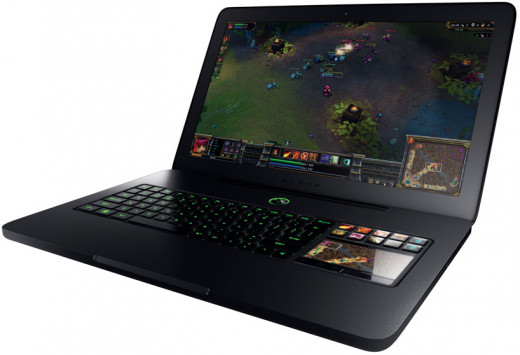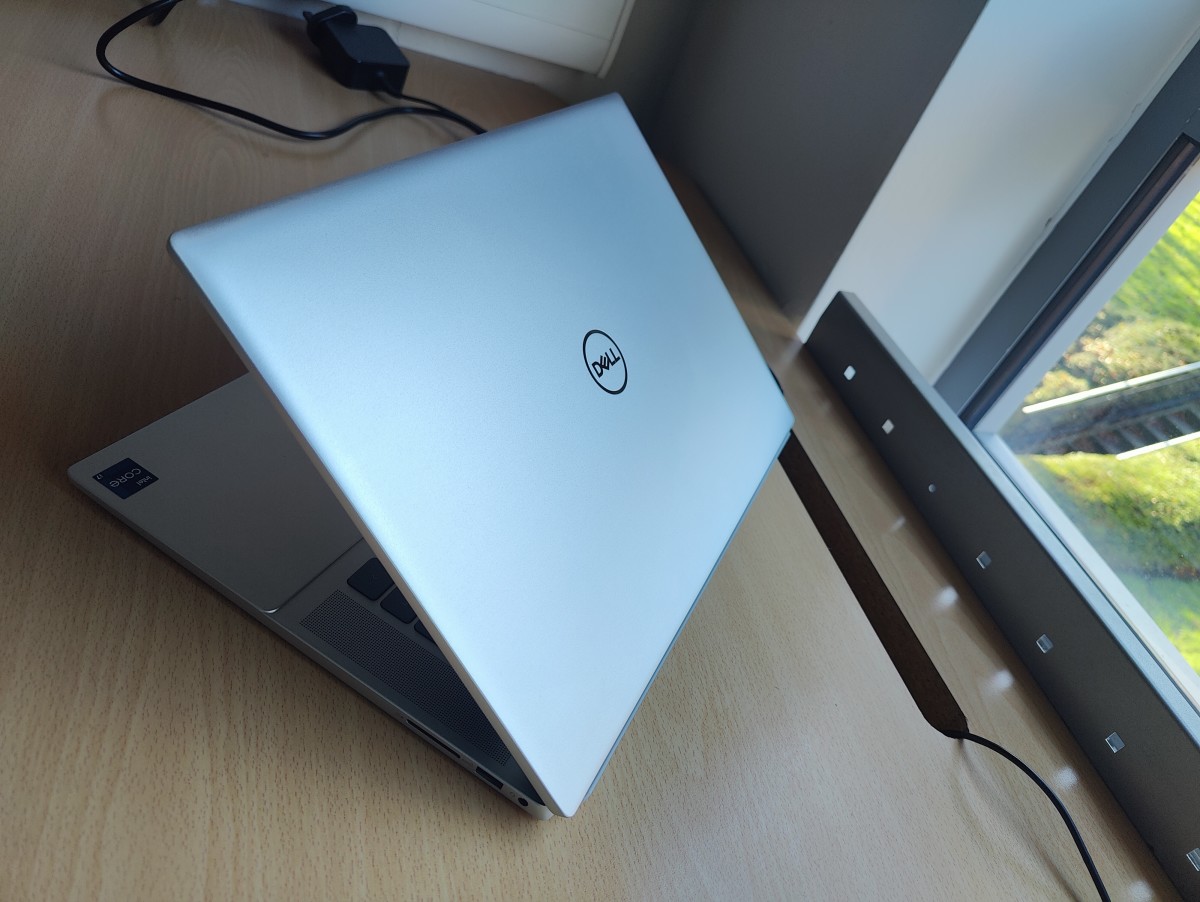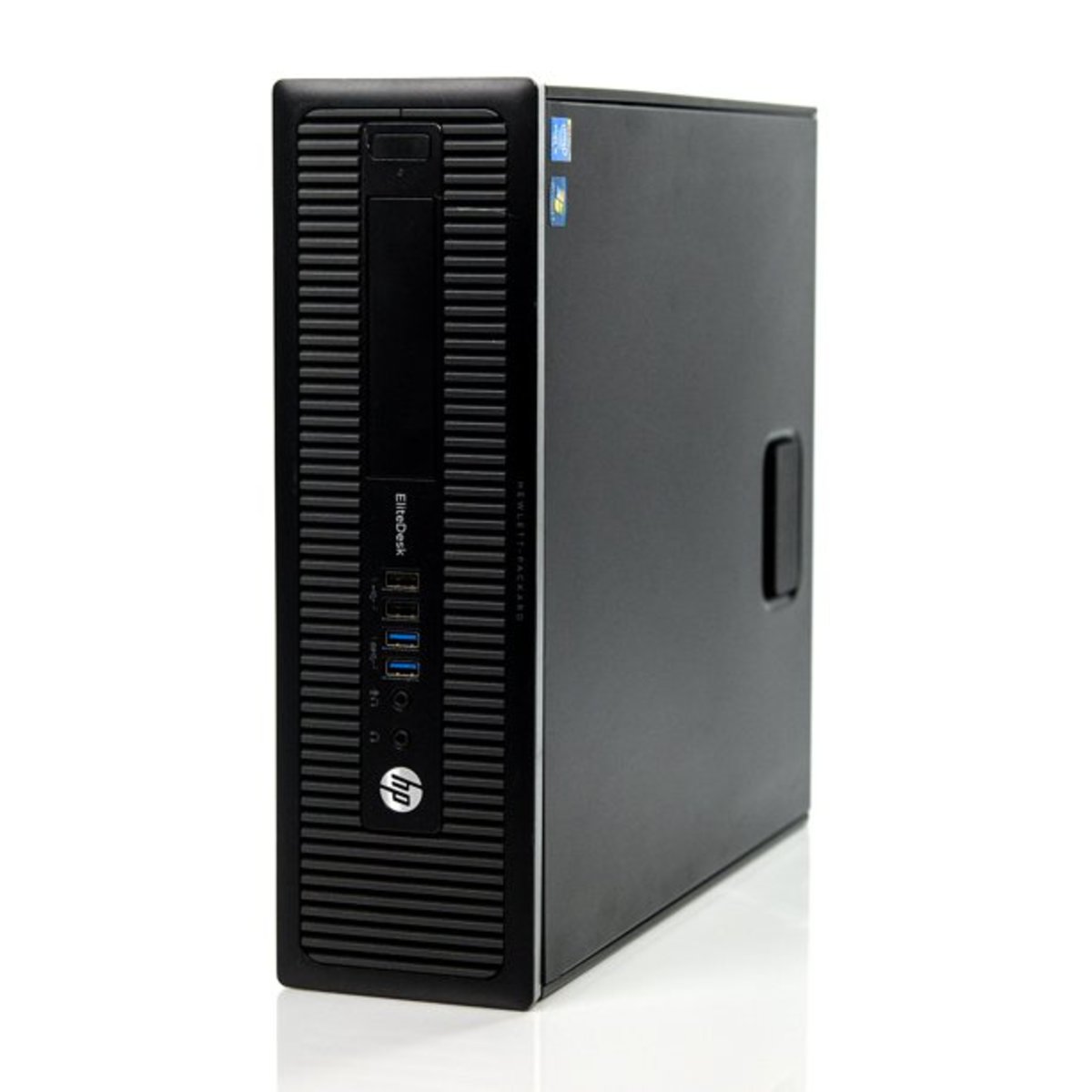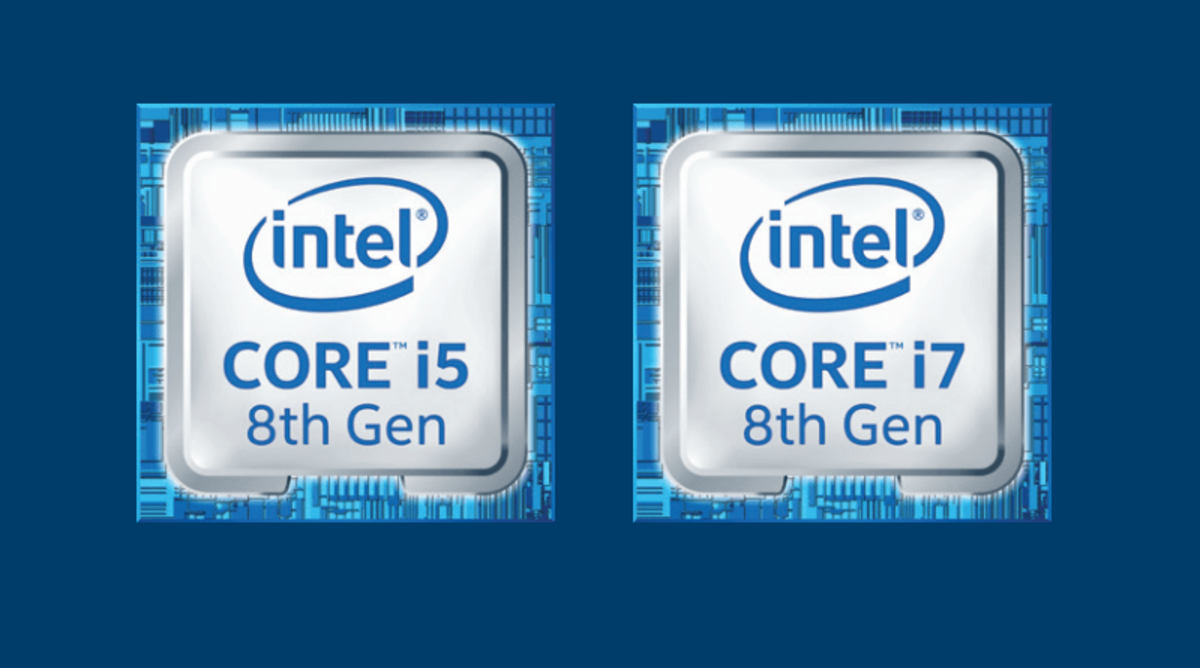Gaming laptops: Are they worth your money?
The New Era of Gaming
Games evolved so much in such a short time, from indie games to the power hungry hyper-realistic games that many gamers enjoy. Many of these games require some very much needed power, just to be playable. Also, they don't come cheap, not only in terms of buying the actual game, but also having the required components on your machine to run the game. Most gamers opt for desktop computers. Why? Simple, desktop computers offer more power and customization and upgradability features that consoles or any other gaming machines, including laptops, does not offer. Years ago people got thrilled of the Playstation 2, then comes the Playstation 3, then comes the latest model, the Playstation 4. But say you want to upgrade your gaming, what do you do? You scrap the whole console and buy the later version. Same goes with laptops, very few laptops offer upgradabilty features to beef them up with the latest GPUs or CPUs there is, most laptops only offer additional RAM upgrades. It's a whole different story with Desktop Computers. The very wide range of options and limitless choices of components and hardware just makes it the number one choice for gamers. Also, you can build a decent enough desktop computer that can be future-proof for less than $1500, something the laptop gaming industry might not match.
Processor
Even the most demanding games of today's era does not rely mostly on processor performance. Many people think that better having a better CPU is key to experiencing great gaming. But in reality, in order to attain a great gaming experience, you must have a powerful GPU that can handle all the graphics for better video performance since the GPU handles most of the load in the graphics section. The processor however, handles components like Physics engines and Artificial Intelligence, which in today's games only a few need that very high end performance in terms of processing speed.
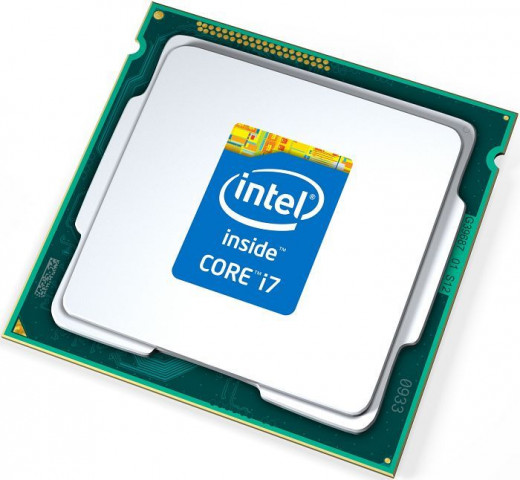
Desktop processors have always been superior to their mobile counterparts. Laptop processing speeds don't usually come close to what a desktop computer can offer, in terms of performance value. The Intel Core-i7 4770k, a high-end desktop quad-core processor, scores 125 in the SiSoft Sandra Processor Benchmark test. While the 4880MQ mobile quad-core processor can reach around 115. Close isn't it? Performance-wise yes, but let's see how their prices compare. The desktop processor costs $340 on Amazon, while the mobile processor costs $40 dollars more. You get a cheaper and more powerful package in the desktop version of the chip.
Graphics Performance
Because of the compact nature of laptops, it has been a real problem fitting some high-end graphics card into their tight and limited body. One main problem with powerful GPUs in laptops is how to cool them. These GPUs do get hot during heavy gaming and they require some proper cooling. There are some laptops like Asus' line of gaming laptops that offer dual thermal cooling, still, these laptops build up heat when playing some demanding games.
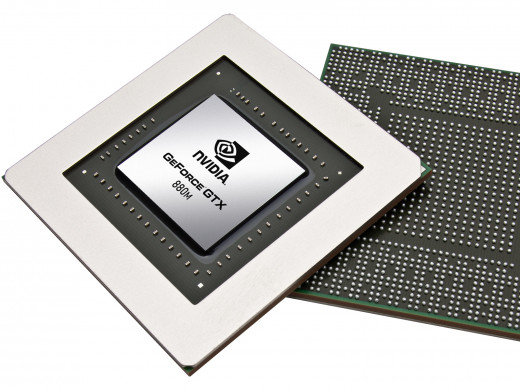
When it comes to graphics, same as processors, desktop computers are still reigning supreme. But recently, Nvidia just released the latest GPUs in the GTX line of mobile graphics processors. A promising performance that closes the gap between desktop and laptop performance is what is expected, as of Nvidia. The new GTX 980M and GTX 970M are first high-end mobile parts based on the GM204 Maxwell GPU core that offers up to 75% the power of it's desktop counterparts.
Reference: Sebastian Anthony, extremetech.com
With that said, it is now possible to play demanding games on laptops with uncompromised level of detail and video performance.
Upgradability
So, laptops of today's generation are now almost at par with desktop computers. Sure, they can run most of the games you want. They're pretty much just desktop computers with gaming capabilities. But with desktops, they can last up to 10 years or more, given that you will change most components. With laptops, upgrading is most commonly not an option. In short, laptops are not as future proof as desktops. You buy them, and when the time comes when it can't run the latest games, you have no choice but start from scratch, meaning - buy a new one.
Do you really need a gaming laptop?
In today's gaming generation, games have evolved so much making them very suitable for lan parties as well as online multiplayer gaming. Also, they have improved quite a lot that low to mid- spec laptops tend to have trouble running these games. Desktops still reign supreme and their cheaper maintenance and build cost makes them the number one choice for gamers.
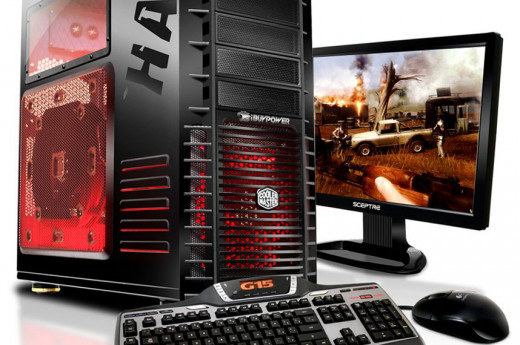
But there is one thing that desktop computers have, that makes mobile computers shine the most - portability. That's why laptops are called mobile computers. So if you're the type of gamer who enjoys LAN parties rather than talking on TeamSpeak with your friends while playing online, or rather playing with the comfort of your bed. Let alone you are willing to sacrifice a bit of power for the pleasure of having a mobile computer for gaming, and spending a few hundred or thousand more bucks, then you know you want a gaming laptop.
